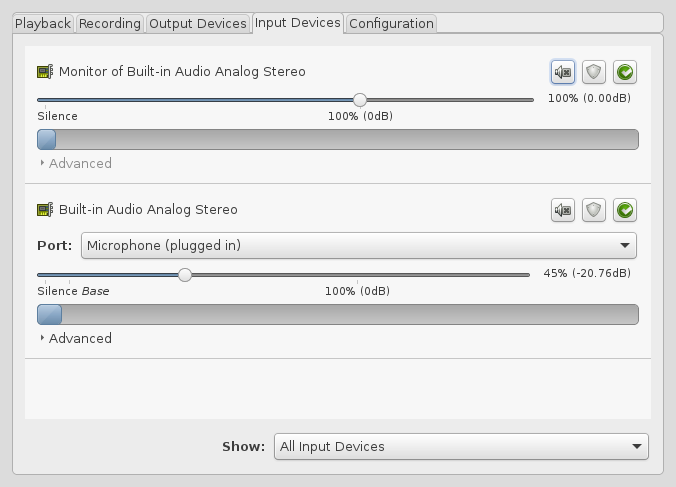
If you want to rip CDs with Exact Audio Copy, batch convert them to M4As with these tools and play them back in iTunes, that's no problem. I have used it on the i386, x86_64 and ppc architectures without difficulty.īecause Python Audio Tools sticks very close to established, documented standards, it has no trouble interoperating with other audio-handling programs. If one is willing to forgo the CD-based tools, Python Audio Tools is fully portable so long as the required helper applications are present. Although most of it is written in pure Python, the libcdio library is used to read from a CD-ROM drive. These Python Audio Tools are designed with Unix-like systems in mind. See the short tutorial in the documentation for an illustration of their usage.
#PYTHON AUDIO LOOPBACK MANUAL#
man pages are included, as is a lengthy manual for both users and programmers. The programs that make up Python Audio Tools provide a consistent interface for painless switching between them. Installation utilizes Python's built-in distutils, but a provided makefile reduces the process to a simple "make install" command. Most formats require only one or two common executables and some require none at all. I don't like programs with lots of obscure dependencies, so I've written Python Audio Tools to require as few external libraries and programs as possible.



Track metadata can be retrieved from FreeDB or FreeDB-compatible servers. Track conversion uses multiple CPUs or CPU cores if available to greatly speed the transcoding process. Works with high-definition, multi-channel audio as well as CD-quality. Supports internationalized track filenames and metadata using Unicode. These include programs for CD extraction, track conversion from one audio format to another, track renaming and retagging, track identification, CD burning from tracks, and more. Python Audio Tools are a collection of audio handling programs which work from the command line.


 0 kommentar(er)
0 kommentar(er)
